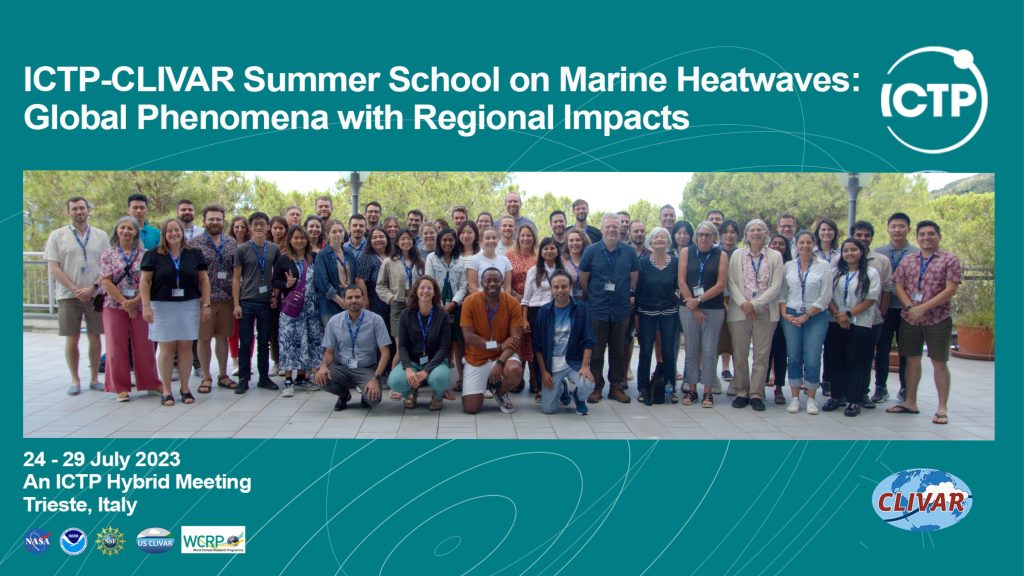Forecasting the spatial extent of marine heatwaves
by Jacob Cohen, UW Oceanography, Recipient of a PCC Graubard Graduate Fellowship
The ocean has absorbed 90% of recent warming associated with anthropogenic climate change; as a result, extreme ocean heat events, known as marine heatwaves (MHWs), are becoming more frequent and more intense. These extreme events can have detrimental impacts on marine ecosystems as well as coastal industries. Accurate MHW forecasts will allow local decision makers and industries to respond to and plan for these events.
With funding from the Graubard Fellowship in the Program on Climate Change, I have been working on research to study the predictability of marine heatwaves and their spatial patterns. Currently, forecasts have been analyzed to understand how well we are able to predict MHWs at every location in the ocean. While this allows us to understand the forecast’s skill in predicting extreme temperatures, it does not tell us how accurately we are predicting the spatial signature of extreme events. In my research, I aim to understand how well we forecast the area, extent, timing, and location of predicted MHWs. To answer this question, I apply a variety of methods to large data sets from global climate models.
Working on this research over the past several months has allowed me to gain new skills and explore a new area of research. I have had the chance to work with lots of climate model output, to use new tools to analyze big data sets, and to learn about methods for evaluating forecasts. I have wanted to work with these data and tools to see what directions I want to take my research in the future, so this opportunity was invaluable.
Through the Graubard Fellowship and this research project, I have been able to collaborate with scientists at other institutions. I meet weekly with a team of researchers from the University of Washington, the University of Wisconsin, and the National Center for Atmospheric Research to discuss a variety of MHW research projects, and in July, I attended the ICTP-CLIVAR Summer School on Marine Heatwaves in Trieste, Italy. There, I shared my research and worked with some of the top marine heatwave researchers in the world. These opportunities to work with scientists at different institutions has allowed me to grow my scientific network and to bring new perspectives into my research. I will continue to benefit from the skills and collaborations I gained through the Graubard Fellowship throughout my career.
 Jacob is a 5th year Ph.D. student in the School of Oceanography and a past member of the PCC Graduate Steering Committee. His Ph.D. research focuses on heat variability in the upper ocean, air-sea interaction, and marine heatwaves.
Jacob is a 5th year Ph.D. student in the School of Oceanography and a past member of the PCC Graduate Steering Committee. His Ph.D. research focuses on heat variability in the upper ocean, air-sea interaction, and marine heatwaves.
